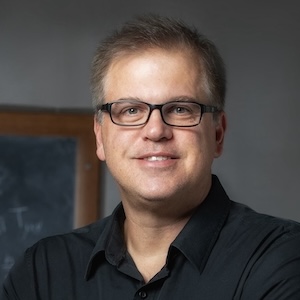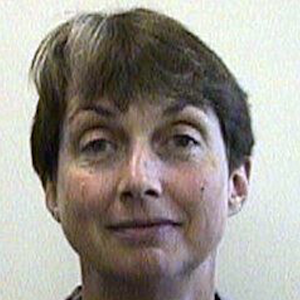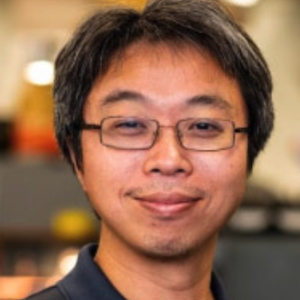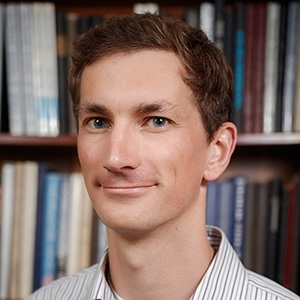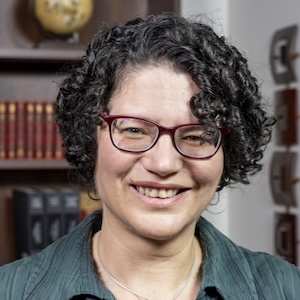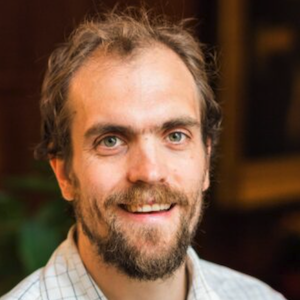- Tuesday, September 10
- Dr. Mark Neubauer (University of Illinois)
- Dr. Rashid Bashir (University of Illinois)
- Dr. Amy Walton (National Science Foundation)
- Dr. Shih-Chieh Hsu (University of Washington)
- Dr. Eric Toberer (Colorado School of Mines)
- Dr. Tanya Berger-Wolf (The Ohio State University)
- Dr. Vandana Janeja (University of Maryland, Baltimore County)
- Dr. Shaowen Wang (University of Illinois)
- Wednesday, September 11
- Dr. Katerina Antypas (Lawrence Berkeley National Laboratory)
- Dr. Franck Cappello (Argonne National Laboratory)
- Dr. Deming Chen (University of Illinois)
- Dr. Philip Harris (Massachusetts Institute of Technology)
- Dr. Yuan-Tang Chou (University of Washington)
- Dr. Aneesh Subramanian (University of Colorado Boulder)
- Dr. Elizabeth Campolongo (The Ohio State University)
- Dr. Sara Ayman Metwalli (Argonne National Laboratory)
- Dr. Alex Pak (Colorado School of Mines)
Tuesday, September 10#
Dr. Mark Neubauer (University of Illinois)#
About the presentation#
About the speaker#
Dr. Mark Neubauer is a professor and particle physicist at the University of Illinois at Urbana-Champaign. His is also affiliated faculty with the National Center for Supercomputing Applications and the Department of Electrical and Computer Engineering. Generally speaking, his research aims to understand the universe at its most fundamental level, including the constituents of matter and their interactions. His current research is to search for physics beyond the standard model through a detailed study of high-energy proton-proton collisions at CERN’s Large Hadron Collider. His research group searches for new physics using data from the ATLAS Experiment, with an emphasis on the Higgs boson as a sensitive new tool and applications of machine learning to enhance our sensitivity. His group is also working to improve the experimental methods and apparatus in high-energy physics, including advancing scientific software and computing and developing fast electronics for highly-parallelized systems that track charged particles at the LHC. He is also passionate about outreach and education in STEM fields, especially the creative use of technologies from data science to improve physics education.
Dr. Rashid Bashir (University of Illinois)#
Grainger Distinguished Chair in Engineering Dean, College of Engineering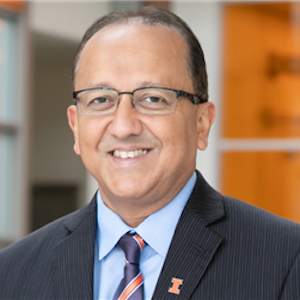
About the presentation#
Welcome from the Dean of the College of Engineering
About the speaker#
Dr. Amy Walton (National Science Foundation)#
About the presentation#
About the speaker#
Dr. Amy Walton is Deputy Director for the Office of Advanced Cyberinfrastructure at the National Science Foundation, contributing to cross-foundational activities in which NSF has a leadership role, such as capacity building in computer and information science and engineering.
As a Program Officer, she led the Harnessing the Data Revolution initiative, emphasizing data-intensive research in science and engineering; Cyberinfrastructure for Sustained Scientific Innovation, focused upon the availability and interoperability of science data cyberinfrastructure; and EarthCube, an integrated geoscience research program.
Dr. Walton also serves as Co-Chair for the Working Group on Big Data within the national Networking and Information Technology Research and Development (NITRD) Program. The 24 NITRD member agencies invest approximately $6.5 billion annually in R&D programs. NITRD is the primary source of federally funded R&D in advanced information technologies in computing, networking, and software.
Previously, Dr. Walton led the Earth Science Technology Office for the National Aeronautics and Space Administration, and directed a series of advanced research programs for the processing, analysis, management and visualization of Earth and space science data at the California Institute of Technology Jet Propulsion Laboratory. In 2010 she was awarded the NASA Exceptional Service Medal for incorporating science guidance into technology development programs.
She received a Ph.D. from Princeton University.
Dr. Shih-Chieh Hsu (University of Washington)#
About the presentation#
About the speaker#
Dr. Eric Toberer (Colorado School of Mines)#
About the presentation#
About the speaker#
Dr. Tanya Berger-Wolf (The Ohio State University)#
About the presentation#
About the speaker#
Dr. Vandana Janeja (University of Maryland, Baltimore County)#
Professor, Information Systems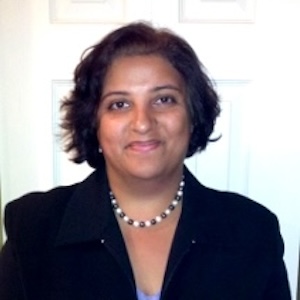
About the presentation#
About the speaker#
Dr. Shaowen Wang (University of Illinois)#
Professor and Associate Dean for Life and Physical Sciences, College of Liberal Arts and Sciences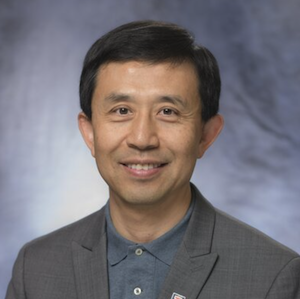
About the presentation#
About the speaker#
Wednesday, September 11#
Dr. Katerina Antypas (Lawrence Berkeley National Laboratory)#
Director of the Office of Advanced Cyberinfrastructure, National Science Foundation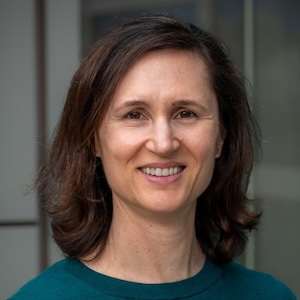
About the presentation#
NSF OAC and The National Artificial Intelligence Research Resource (NAIRR) Pilot
About the speaker#
Dr. Franck Cappello (Argonne National Laboratory)#
Senior Computer Scientist / R&D Leader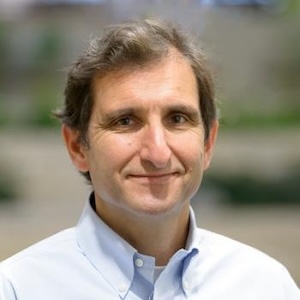
About the presentation#
Frontier AI for Science Security and Technology (FASST) initiative
About the speaker#
Dr. Deming Chen (University of Illinois)#
Abel Bliss Professor of Engineering Director, AMD Center of Excellence Co-lead, IIDAI Hybrid Cloud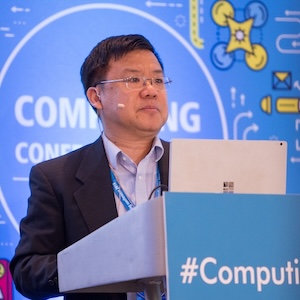
About the presentation#
Knowledge Transfer in Device Engineering: from Academia to Industry
About the speaker#
Dr. Philip Harris (Massachusetts Institute of Technology)#
About the presentation#
The HDR Machine Learning Challenges: An Overview
About the speaker#
Dr. Yuan-Tang Chou (University of Washington)#
Postdoctoral Researcher, Physics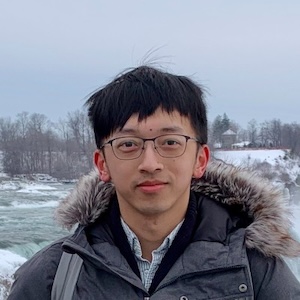
About the presentation#
Detecting Novel Astrophysical Phenomena with Gravitational Waves
About the speaker#
Dr. Aneesh Subramanian (University of Colorado Boulder)#
Assistant Professor, Atmospheric and Oceanic Sciences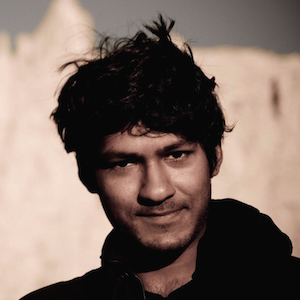
About the presentation#
Detecting Anomalous Climate Phenomena
About the speaker#
Dr. Elizabeth Campolongo (The Ohio State University)#
Mathematician, Data Scientist, Quantum Researcher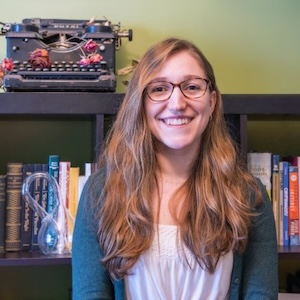
About the presentation#
About the speaker#
Dr. Sara Ayman Metwalli (Argonne National Laboratory)#
Quantum Computing Researcher, Educator, and Science Communicator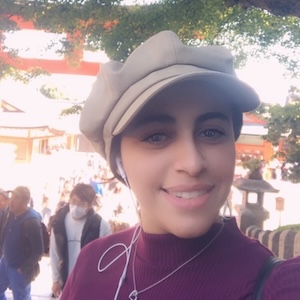
About the presentation#
Communicating Science: Effective Delivery To Any Audience
About the speaker#
Dr. Sara Ayman Metwalli has a Ph.D. in Quantum Computing at Keio University, Japan, where she focused on developing and optimizing quantum algorithms and debugging tools for Noisy Intermediate-Scale Quantum (NISQ) devices. Sara has made significant contributions to quantum information science, particularly in the areas of quantum error correction and fault-tolerance. Her work has been published in leading journals and presented at international conferences, highlighting her role as an emerging leader in the quantum computing field.
In addition to her research, Sara has a strong commitment to STEM education and outreach. She has extensive experience as an educator, teaching programming and quantum computing to a wide range of students, from K-12 to university graduates. Sara is passionate about increasing diversity in STEM and has actively worked to create inclusive educational environments that empower underrepresented groups to pursue careers in science and technology.
Dr. Alex Pak (Colorado School of Mines)#
Assistant Professor, Chemical and Biological Engineering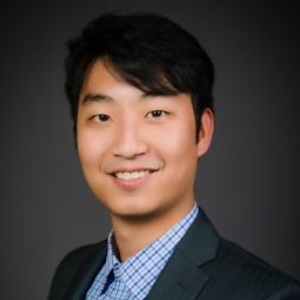
About the presentation#
About the speaker#
Dr. Alex Pak is an Assistant Professor in Chemical and Biological Engineering at the Colorado School of Mines. The “bottom-up” design of soft materials from self-assembled and/or self-organized molecular building blocks has broad applications in energy, sustainability, and healthcare. Thermodynamic and kinetic control over molecular structures, which can be hierarchical or dynamical in nature, presents new opportunities to explore emergent properties in these materials. Our vision is to rationally engineer materials through modification of molecular building blocks and environmental factors during preparation and operation. To do so, we interrogate the fundamental connections between microscopic interactions and macroscopic behavior under equilibrium and non-equilibrium conditions. Our strategy is to develop and apply multiscale computational techniques – in particular, atomistic and coarse-grained simulations – to study structure-dynamics-function relationships and to identify guiding principles for materials tailored to specific applications. Current research interests include the design of plastic crystal electrolytes for electrochemical applications and the design of protein-based lattices for biomedical applications.

